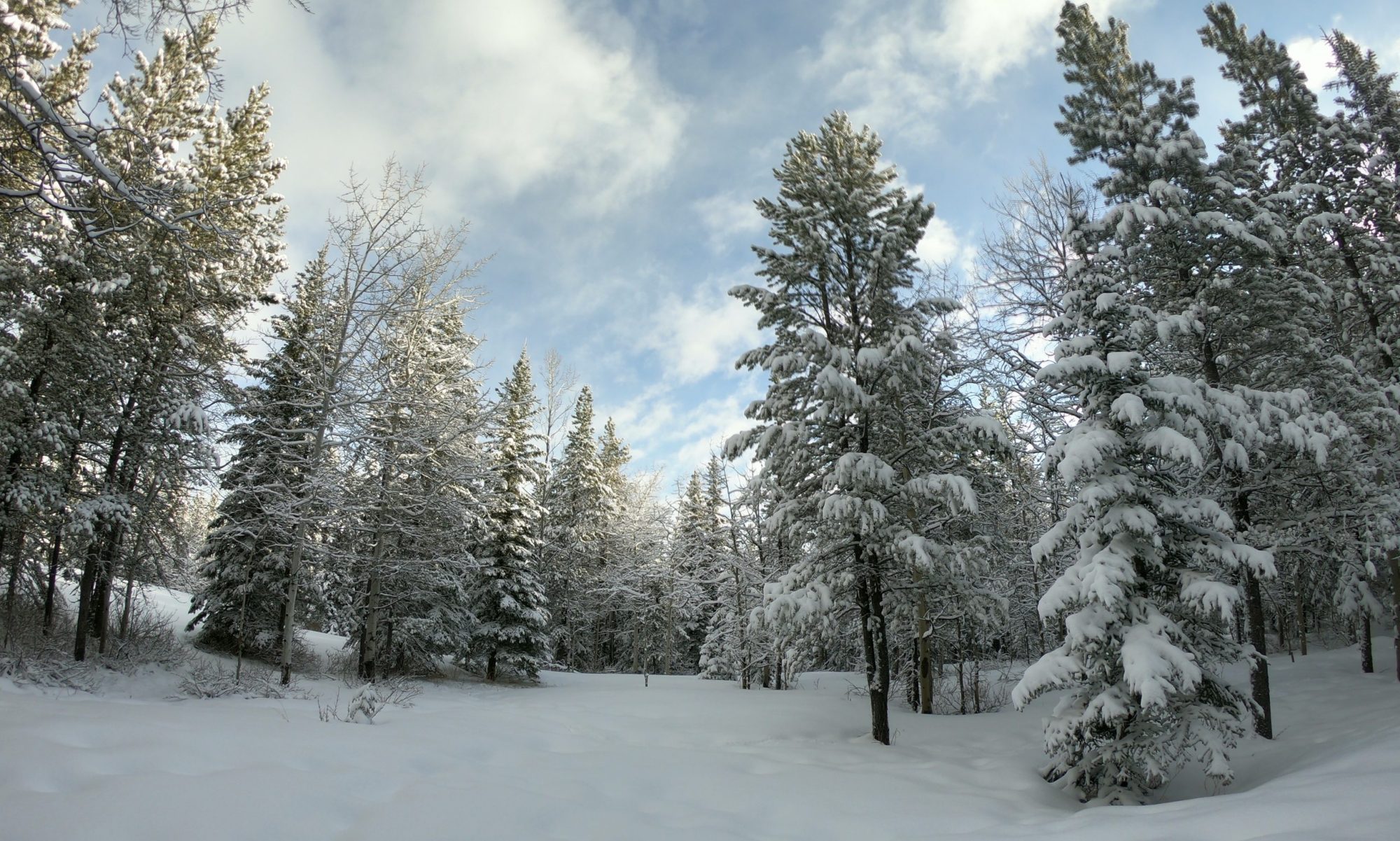Cultivating a less-complicated life and living the cast iron philosophy shouldn’t need to be an active, busy pursuit towards simplification. How would that even make sense, after all?
I opened up my email inbox this morning to a corporate reminder that I had excess vacation to use up. Somewhere in a human resources database I not only have a number that represents a full year’s worth of unused vacation days but there is a second number that is reminding me of the days I neglected to spend last year.

That second number represents nearly three weeks of time off.
Combined with the first number, I could theoretically take the entire summer off.
I say “theoretically” because realistically my work schedule and project due list is not so forgiving as to let me vanish for two whole months without consequence.
I write this if only to note that as much as I evangelise here about that aforementioned less-complicated life and living the cast iron philosophy, it is a daily effort even for me to draw a clear line between the professional self that I so often am and my personal self whom I aspire to be.
Working from home has blurred that line even more, eroding the old barrier between being at work and at home, on and off.
How then does one seek to cultivate that philosophy, pushing against the momentum of a work-a-day lifestyle that comes with being a modern suburbanite and needing to pay the bills and save for retirement?
It is like attempting to stop a boulder already rolling down the hill, and instead just following the routine and letting it roll.
Apart from scheduling breaks, the existential mindset that seems to be necessitated by a carefree approach to simplification doesn’t jive with daily video chats at exactly 9am and thirty minute lunch breaks and commuting through jostling traffic.
And as much as I have nearly two months of overdue vacation hours pending some confluence of opportunity and action and approval from a higher authority (in other words my boss) even setting aside larger chunks of time to be less “at work” doesn’t really shift anyone into a permanently new mindset.
Actively thinking about it helps.
As does planning to unplan. Preparing your world and your space and your mind to be ready when a bit of clear space opens up, for when an opportunity arises. True spontaneity is rare, and almost impossible in the type of structured life that is required to hold down a forty hour office job.
But a plan that leaves unfilled gaps is ready to help cultivate adventure.
A simple analogy might be to think about the choices made when doing something as simple as parking your car or riding the bus.
Often we’re inclined to reduce the gap and park close or hop off transit as near as possible to our destination. Choosing a parking spot or a bus stop with a larger gap to where you need to be leaves a space, a space that might be filled by a meandering walk through a trail, neighbourhood or a park, and through where you never really planned to go.
Cultivating a less-complicated life and living the cast iron philosophy comes from the same kind of planned lack of a plan “gap” and in leaving spaces between those more structured moments.
I look at my weeks of unspent vacation and ponder how I can best make use of it. Sure, I should travel (and I will) and sure I could take off a big chunk of time and do something useful.
On the other hand, those hundreds of hours of unplanned time could make for dozens of meaningful gaps in my life, gaps to be filled with spontaneity and simplification.
Cooking. Campfires. Hikes. Runs. Or even just sitting somewhere and sketching a while.
Who can say? And that’s the point.


